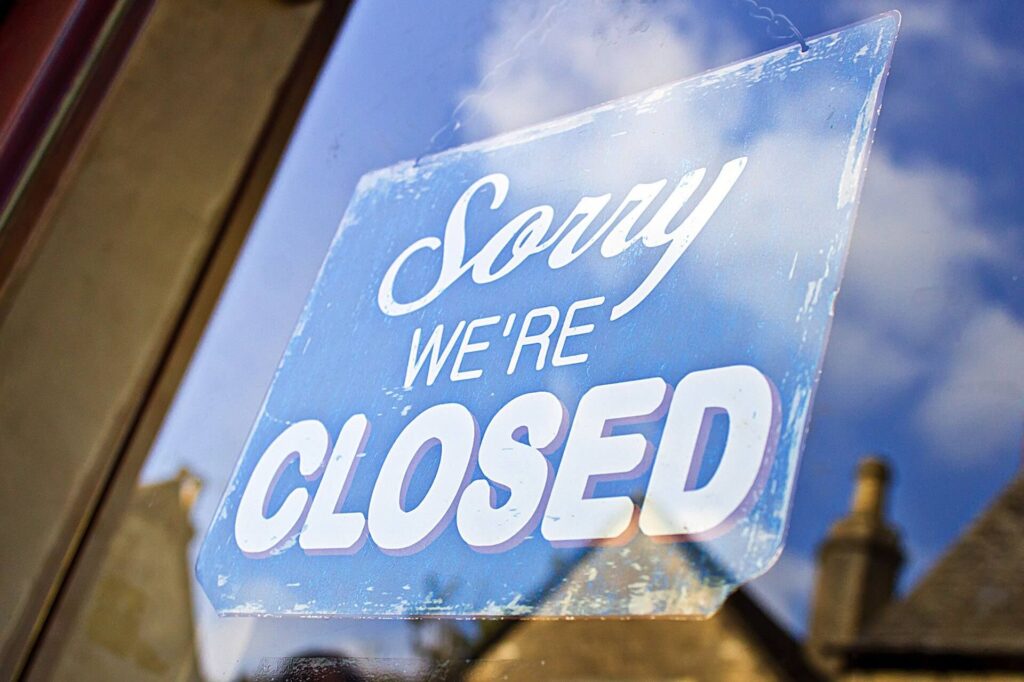Business Interruption Claims
Business Interruption
Every business should have business interruption coverage in their insurance policy. Business interruption insurance helps you retain your net profits and continuing expenses for a period of time after a loss has occurred. A business that has to close down completely while the premises are being repaired or closed due to a water, fire/smoke or hurricane damage will lose revenue and may lose out to competitors. After a property loss, it is vitally important to get your business up and operating as soon as possible and to get the maximum claim as quickly as possible.
Business interruption coverage and claims can be complicated, it’s one of the reasons it is best to hire a public adjuster to help with your claim. A public adjuster will be your advocate when it comes to dealing with your business interruption claim. While your insurance company will have lawyers and accountants on their side, a public adjuster is on your side, working to get you the money you deserve.

BUSINESS INTERRUPTION INSURANCE CLAIMS
Understanding your business interruption coverage can help ease the risk of having too little coverage, improper coverage or no coverage at all in the event of a loss.
5 Aspects to business interruption insurance coverage that many people don’t know about.
1. Business interruption losses are calculated in one of two ways, however both calculations lead to the same final amount: (1) The “net income method,” where you start with net income (profit or loss) had no loss occurred plus actual continuing expenses minus earnings from continued operations, and (2) the “gross earnings method,” which is net lost sales minus non-continuing expenses.
2. In general, the longer the business interruption period of restoration lasts, the easier it is to calculate the economic impact. When a business shuts down for an extended period of time, with no possibility of recovering lost production or time, it is typically less complicated to analyze the losses. Determining how much a business was truly impacted by a short-term shutdown, where lost production and time may have been recovered through actions like employees working overtime, resulting in little, if any, true business interruption loss, is a lot more complicated to calculate.
3. Replacing damaged equipment, instead of repairing it, can be more cost effective at times since replacement often saves time, and therefore, the overall cost. Even though replacement costs might be higher than repair costs, a company could experience greater savings in business interruption losses by getting its business up and running faster.
4. Your business does not necessarily have to incur physical damage to your properties for business interruption coverage to apply. For example, if you have contingent business interruption coverage, certain damage to a customer or supplier, such as a power outage, may result in a covered business interruption loss to your business.
5. Business interruption coverage usually starts on the day any damage is incurred, and stops once the damage is or should have been replaced or repaired. Coverage can be purchased for an extended period of indemnity or restoration — allowing a company to claim income while continuing to ramp up its business to the expected level had the loss not occurred.
